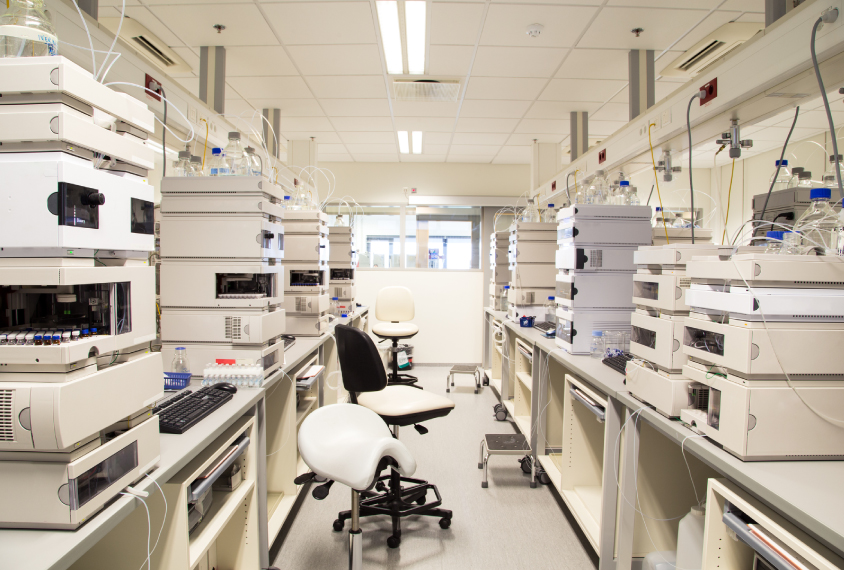
U.S. funding agency offers researchers flexibility during pandemic
The National Institutes of Health is offering autism researchers who are coping with the coronavirus pandemic flexibility with their grant applications, budgets and progress reports.
The U.S. National Institutes of Health (NIH) is offering autism researchers who are coping with the coronavirus pandemic flexibility with their grant applications, budgets and progress reports.
NIH grantees will generally be permitted to submit materials late and rearrange budgets to account for the realities of running a lab remotely or shutting down a lab altogether. But there are limits: For instance, late reports can only be as many days late as an institution has been shut down.
We’ve compiled information to help autism researchers whose work has been stalled by the pandemic.
Will the NIH continue to accept grant applications during the pandemic?
Yes, and the NIH says it will be “highly accommodating” of applications received through 1 May.
The agency will accept late applications when delays occur because of the pandemic. Researchers submitting late applications must include a cover letter specifying that their institution closed because of the pandemic so that NIH staff can document the delay. Applicants do not need to request advance permission to pursue this option.
However, review timelines “can only be delayed so long,” the NIH website notes, citing challenges with conducting reviews and distributing review outcomes to the councils that make final decisions. Late applications submitted after 1 May are unlikely to be reviewed until October or November.
I can not get into my lab. Am I still expected to send in progress reports?
If you are among the thousands of researchers who have lost access to their labs because of the pandemic, you may submit financial and progress reports late. “NIH understands that some reporting delays due to the impact of coronavirus may be unavoidable,” the announcement says.
However, grantees who submit late will not receive funding until the NIH has accepted their reports.
Will I lose unused parts of my budget?
Not necessarily. The NIH is allowing researchers whose work is at a standstill to redistribute budgets and accommodate shifting priorities.
Researchers may do so without prior approval, “as long as the changes do not constitute a change in the scope of the award,” says the NIH Office of Extramural Research. Researchers experiencing delays to their grant should contact the funding institute to discuss options.
What about salaries? And canceled travel costs?
Researchers can also still cover their salary and benefits with grants, even if they are unable to work. They can also allocate funds to cover any nonrefundable travel for research projects or conferences canceled because of the pandemic, as long as they would have otherwise been allowable.
Nonrefundable registration fees for events that were canceled during the pandemic can also be charged to an NIH award, but only if they were necessary to accomplish program objectives.
Should I put my clinical trial on hold?
The NIH is asking researchers to consult their institutional review board and institution to make decisions on clinical trials.
Some institutions have left the decision up to researchers, with the guideline that they should balance the needs of the trial with their participants’ safety. At NYU Langone Health in New York City, for instance, researchers were encouraged in March to only continue trials that fall within the normal course of care.
The NIH also suggests limiting clinical-trial visits to those that are necessary for care and encourages researchers to explore options such as virtual study visits and moving specimen testing to offsite laboratories.
My question isn’t included above. Where can I find more information?
The NIH recommends that researchers go to the COVID-19 webpage it has created to keep grant applicants and recipients up to date on any developments.
Recommended reading

Too much or too little brain synchrony may underlie autism subtypes

Developmental delay patterns differ with diagnosis; and more

Split gene therapy delivers promise in mice modeling Dravet syndrome
Explore more from The Transmitter

During decision-making, brain shows multiple distinct subtypes of activity

Basic pain research ‘is not working’: Q&A with Steven Prescott and Stéphanie Ratté
